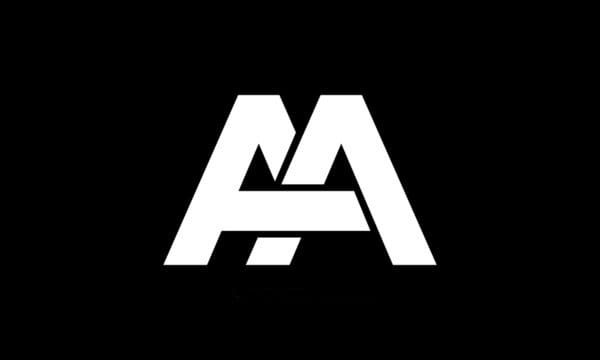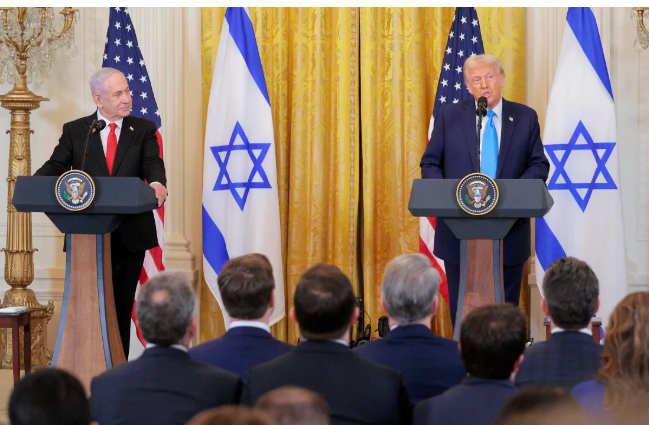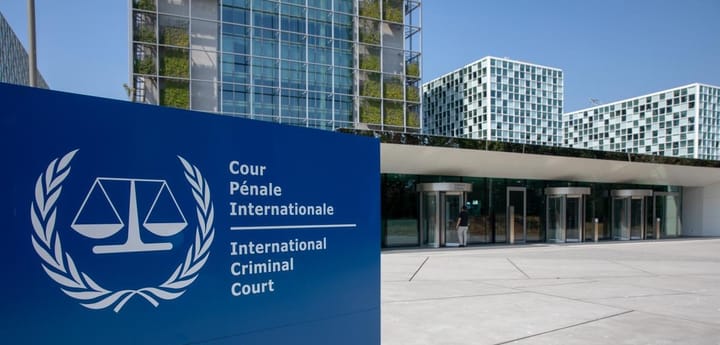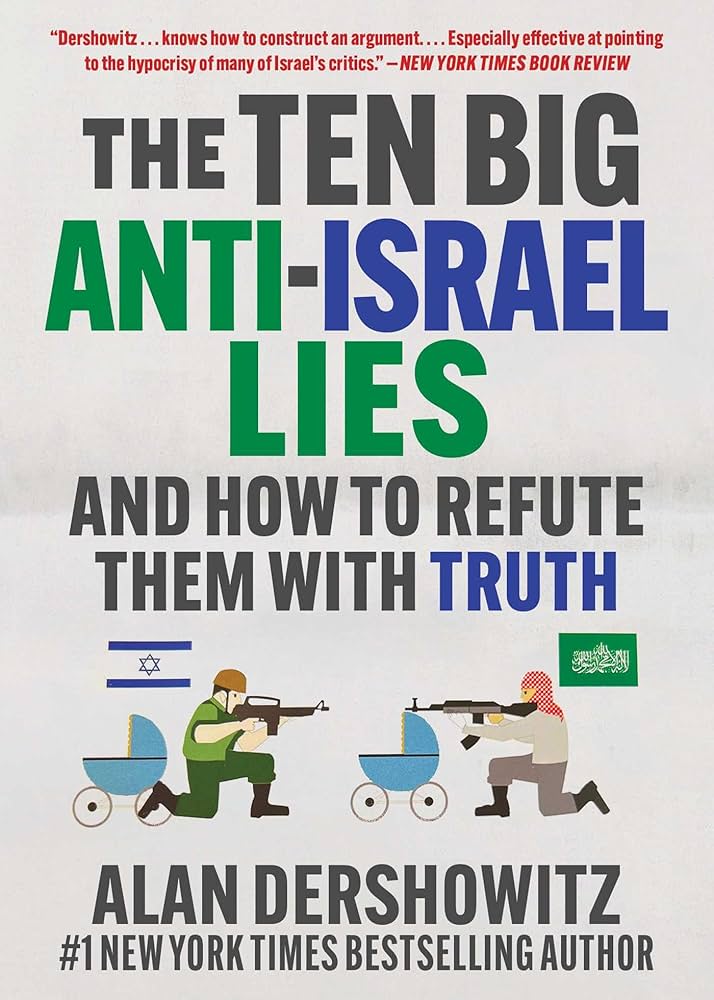You Can Be Charged for Calling Israel’s Actions in Gaza A “Genocide”: Examining the Principles of “Sub Judice” & “Glorifying Terror”

Many in the contemporary media have rushed to accuse Israel of committing genocide in the Gaza War (2023 to present). However, it is not as simple as it may seem. And those who rush to simplistically call Israel "genocidal" could potentially be held liable under national legal rules. This article examines the core elements that could lead to the classification of misinformation and disinformation in this Gaza War as a criminal offense.
Genocide is a Serious Mass Crime – But it is a Two-Way Affair & Must Be Acknowledged Objectively
“Genocide” as a concept got a universal definition and application after the Second World War. The 1948 Convention on the Prevention and Punishment of the Crime of Genocide identifies that “genocide” occurs when acts come together to constitute:
1. Mass killing of members of an identifiable group
2. Leads to serious bodily or mental harm to members of an identifiable group
3. Deliberately inflicting conditions that lead to the ultimate destruction of the group in physical terms,
4. Placing measures to prevent members of a group from giving birth or
5. Transferring children of one group to another to cut them off from their identity[1]
The end of the Second World War also came with more definite boundaries and limits for states and groups. As such, responsibility lines became clearer, and terms like genocide and their application became more formal.
In its original form, “genocide” was used by a powerful state or authority that used “efficient” methods to slaughter a weaker group.
Throughout the second half of the 20th Century, the term "genocide" evolved to encompass actions by an angry minority that felt they had been historically marginalized and unfairly treated in the past[2]. A case in point is Rwanda, where such an act occurred on a vast scale. However, similar events happened in Zanzibar, where formerly enslaved black Africans rose to slaughter over 13,000 Arabs[3].

Trends in the 20th Century "genocides" involving historically marginalized groups were often disguised as a class struggle or revenge for years of oppression and colonialism. Such acts are often characterized by rape, torture, mutilation, and other extreme acts that reflect cruelty to civilians.[4].
In effect, genocide and targeted mass killing go in two directions. The international legal principles that bind them evolved on the assumption of the “strong” killing the “weak”. However, the development of the global order shows that the “weak” can and sometimes succeed in committing genocide on the “strong” or dominant power.
When there is a stalemate, and one group fails to target and kill another en masse, there is likely to be a sustained war. And wars are to be judged on the principles of armed combat – not only within the ambit of “genocide”.
Therefore, an objective standard can and should be invoked to ascertain who is actually committing genocide in an armed conflict. This is why cases can be presented to international legal bodies like the International Court of Justice (ICJ).
The Ongoing Status of South Africa’s Case Against Israel
In December 2023, South Africa filed a case against the International Court of Justice (ICJ) about the humanitarian crisis in the Gaza Strip and the mass killings that have been ongoing since the October 7th War started. As a state, South Africa could file a case for the recognition of the crime of “genocide” against another sovereign state, Israel.
The ICJ works by hearing arguments about a contentious issue leveled by one state against another state. It then notifies the accused state to provide its submissions.
After the preliminary submissions are presented, the ICJ presents a preliminary objection, which lays out immediate interim actions that must be taken where there is no conclusive ruling.
When the preliminary objections are presented, the parties are given specific dates to present further claims, with the plaintiff state going first. Afterward, the defendant responds on another date.
South Africa asserted that Israel had a “genocidal intent” in its war in Gaza. They demanded an end to Israel’s military actions in the Strip.
Israel stated that the allegation was malicious defamation of their attempt to defend themselves as a state and prevent Hamas, which had the intention to cause mass murder. Israel proved it had no genocidal intent.
Thus, the issue in contention became “genocidal intent”.
The preliminary objection issued by the ICJ in April was that there was a “plausible” genocide in Gaza. Plausible here means a possibility and a risk of a genocide occurring.
The ICJ asked South Africa to present evidence of Israel’s alleged genocidal intent by October 28, 2024. South Africa complied and presented evidence of what they believed to be Israel's intention to commit genocide.
Israel was given up until July 28, 2025, to present a response.
As it stands, the case is still ongoing and has yet to be decided by the International Court of Justice by balancing the Israel and South African submissions.
This means there is no established claim of genocide against Israel. It is, therefore, wrong for anyone to claim that Israel is committing genocide in Gaza.
Sub Judice & South Africa’s Case Against Israel
The principle of sub judice is a legal convention which prohibits the discussion of a case under judicial consideration from being discussed in public or other platforms in ways that can:
1. Affect the presumption of innocence of the parties, and/or
2. Influence the judges or jury on the matter.
Sub judice is a matter of universal legal functionality because it preserves the court's partiality and ensures the judicial integrity of the ruling.
The essence of this case is to provide an objective declaration on the legality of Israel’s actions in the Middle East. It is to provide clarity in explaining Israel’s actions in Gaza in the context of necessity and the lack of alternatives.
If Israel is found to have voluntarily engaged in the mass killings in Gaza without any good reason, South Africa's claims are likely to be upheld. If Israel had alternatives and maliciously overlooked them to inflict pain and harm on the people of Gaza, Israel is likely to be found liable for various war crimes.
However, as it stands now, the ICJ has categorically given Israel an obligation and a set of actions to follow to avoid what they deem to be “genocide”. This was given to prevent more casualties and human suffering.
Thus, after providing genocidal intent, an objective assessment of Israel’s actions in Gaza after the April 2024 ruling will be undertaken.
It is, therefore, clear that this case is far from completion.
Sub judice strikes a balance between free speech and free trial[5]. It also gives a court a formal and authoritative voice that overrules public opinion and the power of the mass media.
Therefore, some inherent limits are placed on accusations and conclusive claims that may indicate that Israel is committing genocide in Gaza.
Direct Liability for Calling Israel’s Actions in Gaza a “Genocide” Under the Principles of Sub Judice
Courts have many functions, including preventing public disorder. This is why courts have the power to convict people found to be in contempt of their authority.[6].
In this case, the principle of sub judice in the ICJ applies directly to relevant public officials directly interested in the matter. Thus, it behooves senior international relations figures to avoid using the term "genocide" in a conclusive manner in public discourses. Such individuals directly bound by the sub judice principle in the South African genocidal accusation against Israel are:
1. Heads of state and governments,
2. Foreign affairs professionals like foreign ministers, diplomats, or their equivalents
Thus, until July 2025, there are consequences for senior state officials to accuse Israel of "genocide" in Gaza. Those who make such claims conclusively can be held accountable by an applicable standard.
Non-State Individual’s Liability for Calling Israel’s Actions in Gaza a “Genocide” & “Glorifying Terror” Laws
In the public sphere – mass media and new media, there have been many brazen accusations against Israel for its actions in Gaza.
While most states hostile to Israel do not object to this contemptible act, it goes against international law. That is because conclusively calling Israel “genocidal” disregards all efforts being made to peacefully resolve the conflict. This is one of the pillars of international law.
Therefore, people who come on social media sites and make videos conclusively criticizing Israel for serious mass crimes might be committing crimes themselves.
Universally, Israel can take action under civil law against anyone who makes such statements under defamation rules. This is widely presented as libelous on a mass proportion as it targets an entire nation and population of Israelis and Jews around the world.
On the other hand, this breach of the sub judice principle can be expanded to the state level and even to international digital media platforms. This will require statutes that directly recognize sub judice and contempt of international courts like the ICJ.
However, in the absence of statutes, test cases can compel international digital media platforms to set limits to acts of sub judice online. Thus, videos that suggest that Israel is committing genocide can be banned.
Locally, cases could be brought against individual presenters and media personnel who make brazen and reckless claims that could affect the ICJ's ruling against Israel.
Furthermore, most states post-9/11 made laws that criminalized incitement to and glorification of terror. These laws can be applied in the broader context of sub judice against the ICJ to encourage responsible use of words in the public sphere. Such actions will go a long way to limit incitement and the overall promotion of terror. It is worth mentioning that most terrorist acts of the past two decades occurred in a context that included some form of anti-Israel sentiments.
Conclusion
Genocide is a two-way affair. Global discourse is moving in a direction where the dominant is considered inherently wrong while the weak are cast as victims seeking redress. However, evidence from Zanzibar and Rwanda shows the sadistic and barbaric nature of terrorism executed by historically marginalized groups considered "weak". Thus, genocide is a two-way affair, and all groups are capable of committing it. In effect, the only way to hold any group accountable for genocide is to put them through an objective test and process.
At the moment, South Africa has an ongoing case against Israel at the ICJ based on allegations of genocide. The preliminary objection of the ICJ involved (1) acknowledging the risk of a possible genocide in Israel's war in Gaza and (2) the presentation of a high standard of care for Israel's conduct in the War. South Africa was asked to present their evidence of a genocidal intent by Israel, which they did on October 28, 2024. Israel has up to July 28, 2025, to present their submission. This means the case is still ongoing, and comments that are made that conclusively assert that Israel is committing "genocide" constitute sub judice.
In this case, the sub judice principle and its criminal liability directly apply to senior state officials – heads of state and foreign affairs professionals. They can be held accountable for it. Ordinary persons with no senior roles in government can be held accountable for sub judice through the invocation of local statutes or other defamation lawsuits. These claims often go hand-in-hand with laws criminalizing the "glorification of terror". At the same time, lawsuits can be filed extending to international media platforms to encourage more responsible use of sensitive international terms.
[1] United Nations. "Definitions of Genocide and Related Crimes" Office on Genocide Prevention & Responsibility to Protect. Available at: https://www.un.org/en/genocide-prevention/definition
[2] Donald Dutton, Ehor Boyanowsky & Michael Harris Bond. "Extreme mass homicide: From military massacre to genocide" Aggression & Violent Behavior 10 (4) 2005 p437
[3] Leo Kuper. Race, Class, and Power: Ideology and Revolutionary Change in Plural Societies. (London: Routledge, 2009) p127
[4] Donald Dutton, Ehor Boyanowsky & Michael Harris Bond. "Extreme mass homicide: From military massacre to genocide" Aggression & Violent Behavior 10 (4) 2005 p437
[5] Galia Schneebaum & Shai J. Lavi. "The Riddle of Sub-judice and the Modern Law of Contempt" Critical Analysis of Law 2 (1) 2015 pp173-198
[6] Lorne Sossin & Valerie Crystal. "A Comment on "No Comment": The Sub Judice Rule and the Accountability of Public Officials in the 21st Century" Dalhousie Law Journal 36 (2) 2013




